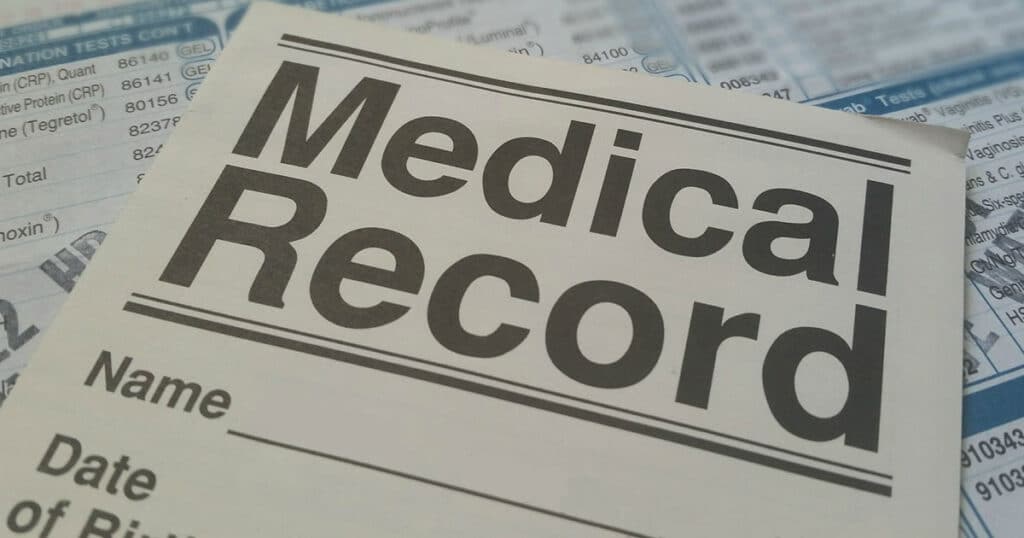Can High Blood Pressure (Hypertension) Qualify for SSDI Benefits?
Home » Applying for SSDI » Medical Conditions, Listed Impairments & SSDI » Can High Blood Pressure (Hypertension) Qualify for SSDI Benefits?
Hypertension, better known as high blood pressure, affects one-third of all US adults. High blood pressure is particularly dangerous because it can lead to far more serious health issues if individuals do not take steps to improve their condition, including stroke, heart disease and death.
Blood pressure is important because, when the heart pumps blood through the body, with each pump your blood pushes against the walls of your blood vessels. It is the blood vessels’ resistance that tells the heart whether to work hard or take it easy. High blood pressure is the result of the walls of those blood vessels being tight, and your heart being signaled that it has to work harder and harder. Over time, this can lead to a variety of ill effects.
The causes of high blood pressure or hypertension can include other medical conditions (such as diabetes and atherosclerosis), medications, or other factors alone or in combination, including diet, being overweight, stress, age, lack of exercise, excessive alcohol consumption, tobacco use, and/or your genes.
Hypertension Symptoms and Treatments
Hypertension can be difficult to detect because many people do not have noticeable symptoms. As such, it is often referred to as the “silent killer.” To determine whether or not you have high blood pressure, have it checked on a regular basis by a medical professional. You can also find self-administered machines at supermarkets and pharmacies all over the country. And, pharmacies with on-site medical professionals can administer the check for you, sometimes even for free.
If your high blood pressure goes without detection, it can cause significant damage to your heart, kidneys, blood vessels and other vital organs that are not reversible or able to be repaired. There are four stages of hypertension, with the fourth stage being the most dangerous. A “hypertensive crisis” is when your blood pressure becomes extremely high, and it has two stages: “hypertensive urgency” and “hypertensive emergency.” When checking blood pressure, if the bottom number is 120 or higher, or the top number is 180 or higher, that indicates that the person is in hypertensive crisis.
A hypertensive crisis can cause stroke, organ damage including damage to eyes and kidneys, and other deadly complications. If you do have noticeable symptoms, particularly with more severe cases, you might have anxiety, issues with sleeping, blushing or sweating. Some people will experience a nosebleed, headache, numbness/weakness, vision changes, back pain, chest pain, shortness of breath, or speaking difficulties, during a state of crisis. Any of these symptoms accompanying a very high blood pressure indicates that you must seek medical attention right away.
Remember, a person can be undergoing organ or vessel damage even if they are not in hypertensive crisis, so the earlier stages of hypertension are also important to treat.
Treatment for hypertension will vary based on each individual case and the severity of your high blood pressure. Medication prescribed by your doctor in addition to stress reduction and following any prescribed eating or exercise plans may be sufficient to help you control your blood pressure. However, your doctor may need to modify your treatment plan if it is not reducing your blood pressure well enough. If hypertension has caused any damage to your organs or blood vessels, additional treatment might be necessary.
Does Hypertension Qualify Me for Disability Benefits?
Hypertension is most often listed in combination with many other diseases. It is discussed in the Social Security Administration’s “Blue Book” listings of disabling conditions as a symptom, complication, or cause of other conditions in various paragraphs throughout Section 4 (Cardiovascular System).
When hypertension causes disability, it is usually because of how it has affected other organs or body systems, so the SSA considers hypertension and your organs or body systems it has affected, when assessing your case. Such effects could be related to heart disease, stroke, bones, brain function, lungs, eyes and kidneys. The SSA will also consider whether hypertension itself causes any limitations (for example, difficulty with physical exertion, difficulty concentrating) when assessing your ability to work, or your residual functional capacity.
While some people’s Hypertension / High Blood Pressure may not qualify them for Social Security disability benefits by itself without other complications, don’t worry. Because, at the end of the day, what the SSA generally cares about most is whether or not your High Blood Pressure meets certain requirements, including:
- That it rises to the level of a “severe impairment”, meaning it impacts your ability to do work;
- That it, combined with any other impairments you may have, prevent you from sustaining work;
- That it has affected you, or is expected to affect you, for at least one year (or to result in death).
If that is the case, then you may very well qualify for monthly disability benefits.
Because High Blood Pressure / Hypertension cases can be complex, the way in which you present your medical information in your application for SSDI benefits is highly important. As such, it may be a good idea to reach out to a specialized disability advocate (like us here at Citizens Disability) who can help you present your application and medical evidence in the best possible way.
Next Steps
If you or a loved one have High Blood Pressure / Hypertension and are considering a claim for disability benefits, we recommend you read our articles about the process of applying for SSDI and the way the Social Security Administration uses their Sequential Evaluation Process to determine disability.
This article is presented for general information purposes only. Nothing in this article should be taken as medical advice. Medical decisions (including whether to start, stop, or modify any treatment plan) are extremely important and should always be made with the advice and counsel of a qualified medical professional.

Linda Cosme formerly served as a Member of the Appeals Council (AC) for the Social Security Administration (SSA), and Program Expert for the Social Security Administration and Disability Quality Branch (DQB). Ms. Cosme also served as a Quality Assurance (QA) Reviewer, Initial Disability Examiner, Reconsideration Disability Examiner, and Continuing Disability Examiner (CDR) for the Disability Determination Services (DDS). She is admitted to practice law in Arizona, Georgia, and the United States Ninth Circuit Court of Appeals.
It is easy to get started.
It is easy to get started. No upfront costs – You only pay if we win!
Oops! We could not locate your form.









